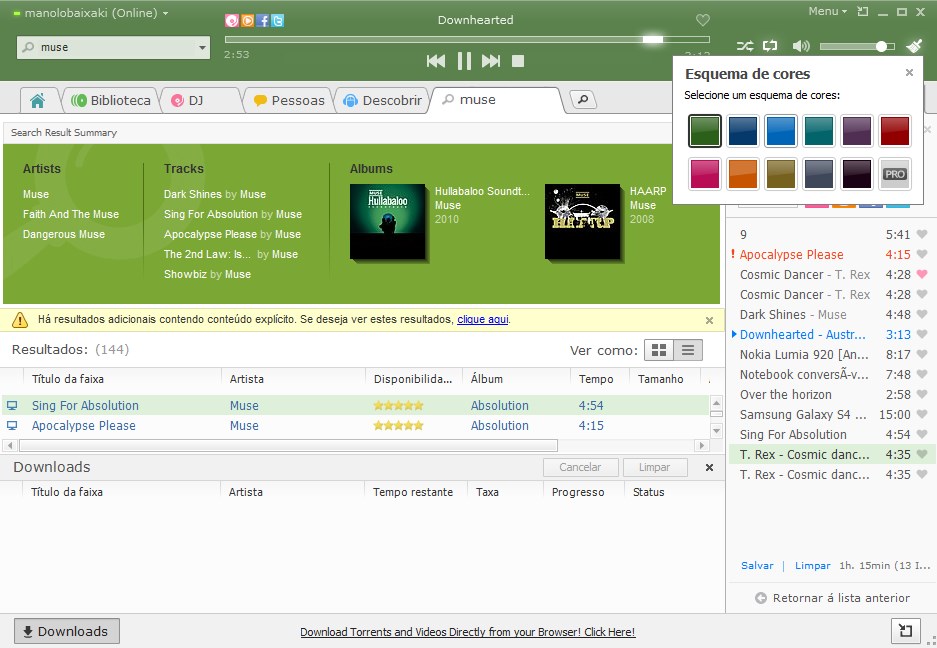

Those old p2p networks were always full of smut. Generating any sort of "strange" behavior (on the terminal or the network) would immediately put someone on the "to watch" list. Imagine that but much more anal, with gov't scrutinized and backdoored apps. This is not as far-fetched as you think: the "walled garden" app model is essentially a "soft" version of this. This would also require controlling the platform (hardware and OS). would be regarded as "suspicious", as well as using any "non-trusted" application. Using any other protocol, port number etc.

The first step to do that however, would be prohibiting using any protocols other than plaintext HTTP and maybe e-mail or FTP. The idea of being able to just "shut down a network" is rooted in book burning, witch hunting and political purges of the 20th century, that's how backwards it is, both morally, and technically. Sure, you can seek and target specific users that obviously generate a lot of suspicious traffic and share highly illegal material, but you can have no guarantee that whatever content they were distributing was not copied several billion times over, and is not travelling over other channels already. Since truly P2P protocols with distributed nodes, obfuscation, encryption and lack of central servers were developed, "shutting down" any of those services is not really technically possible, as even if two users are left, the network is technically still active.


 0 kommentar(er)
0 kommentar(er)
